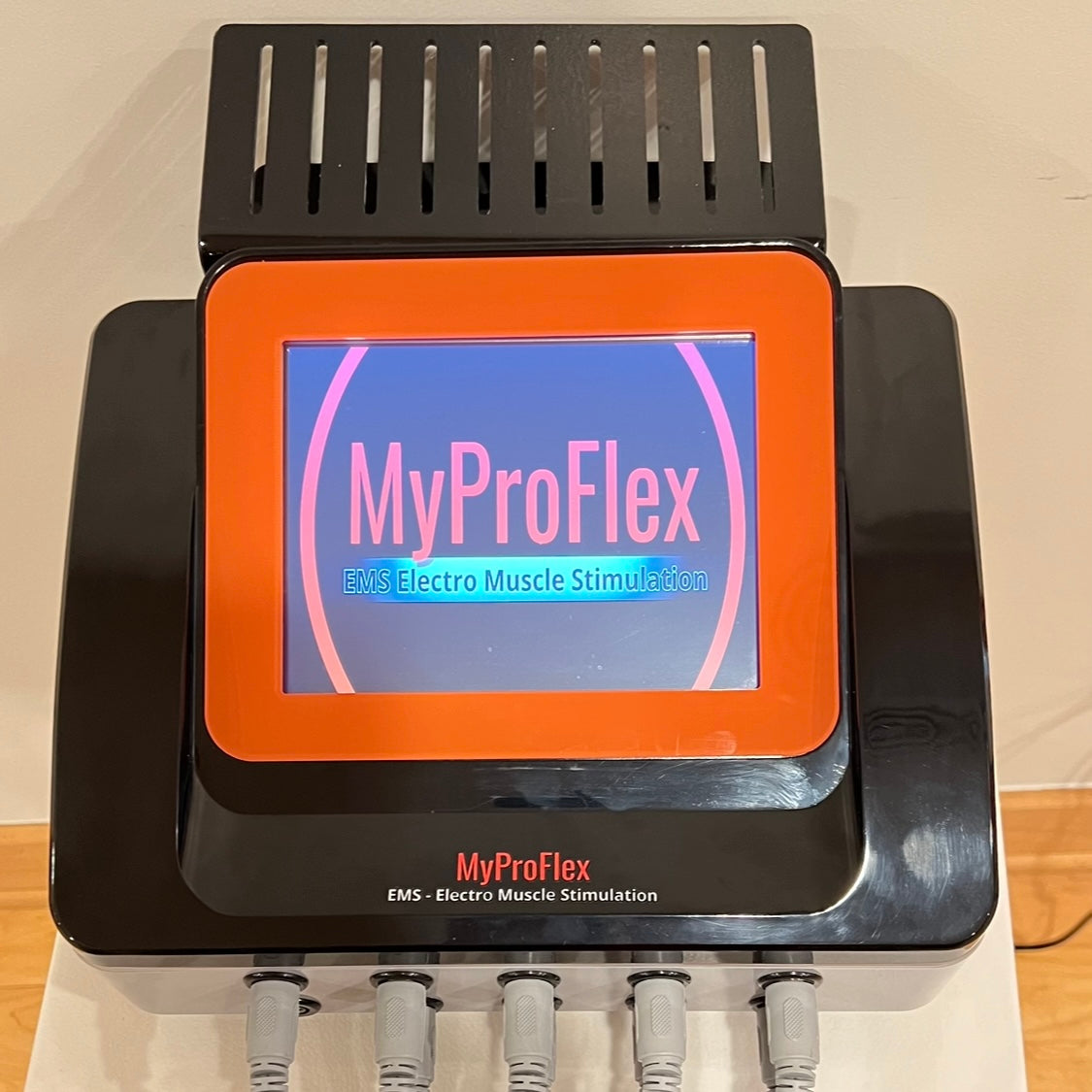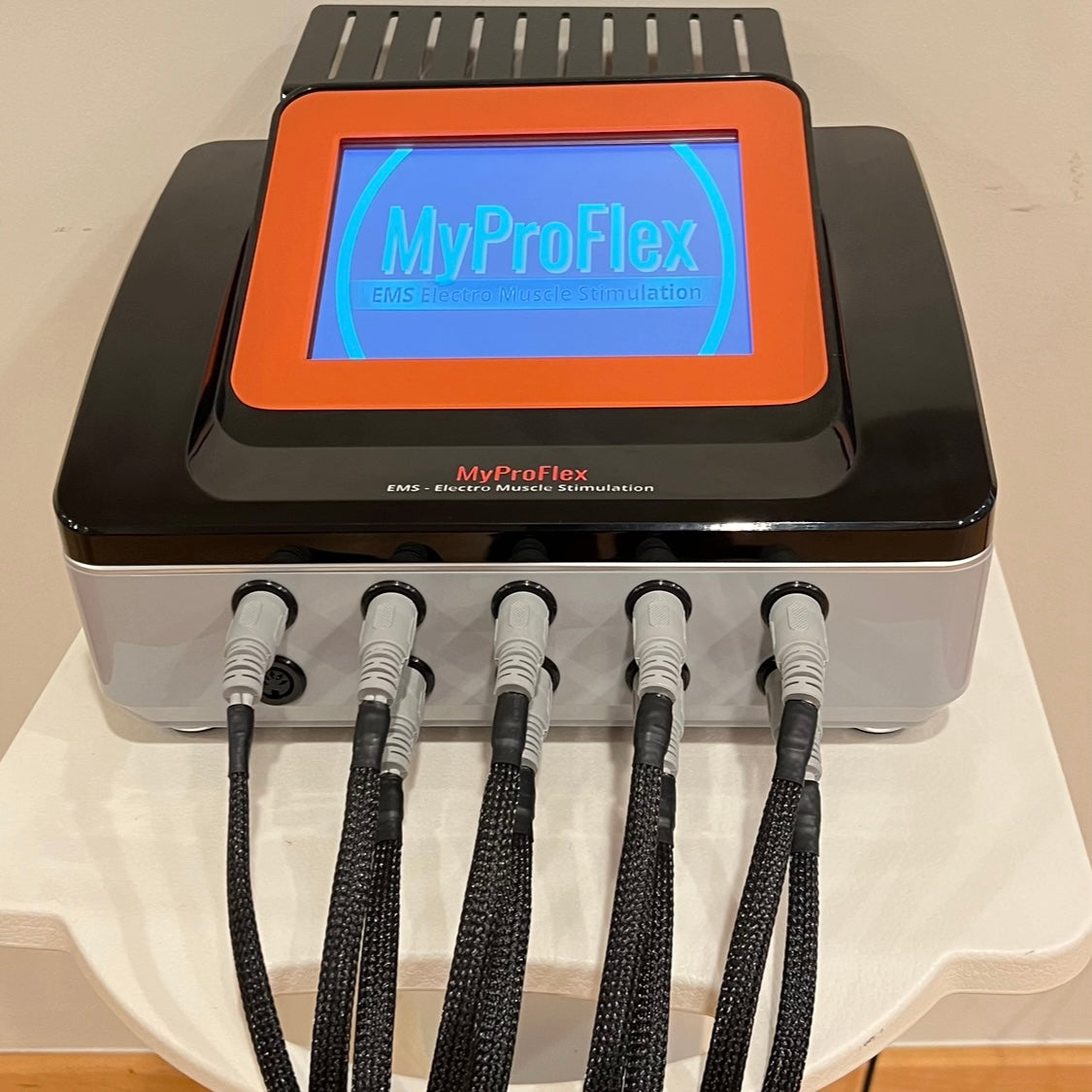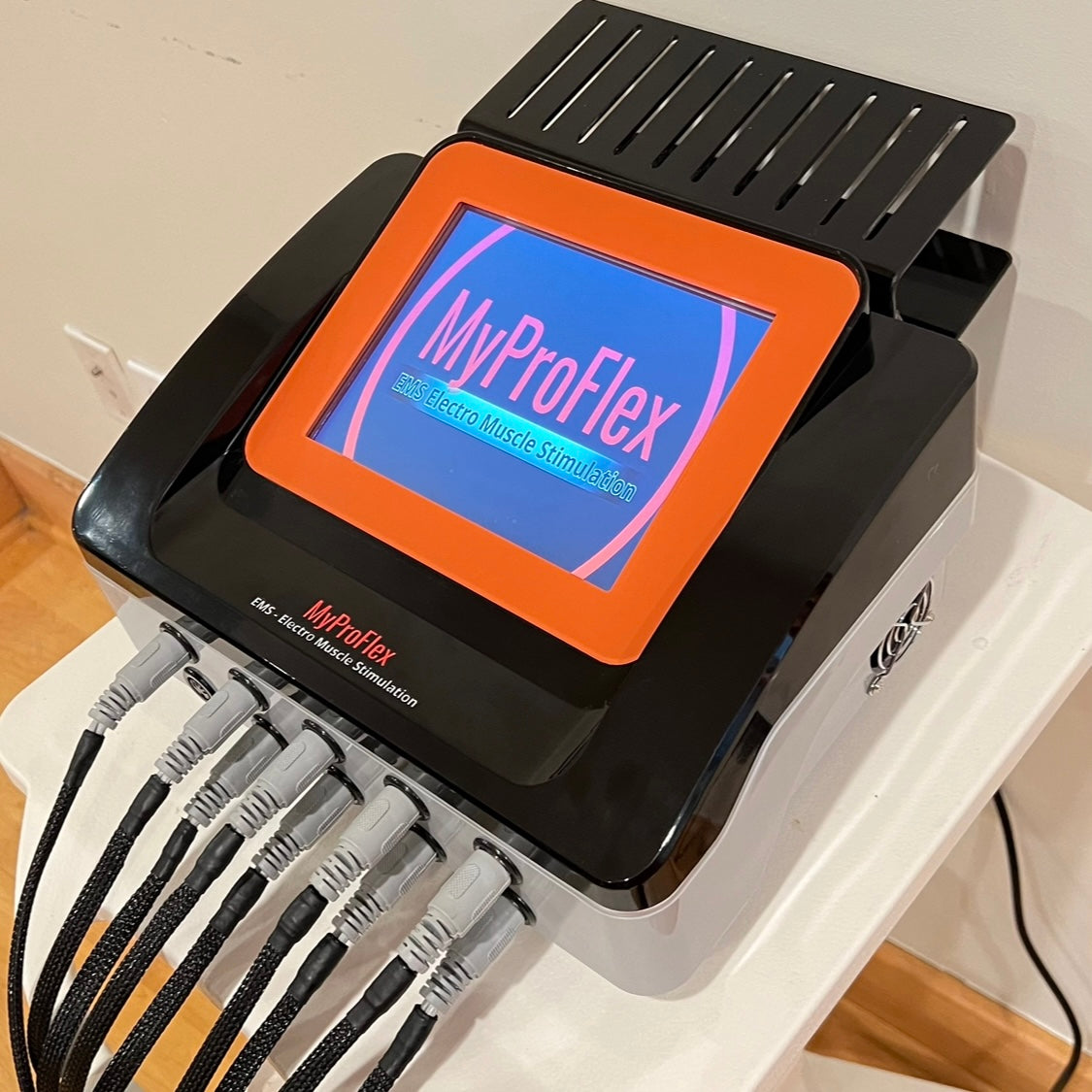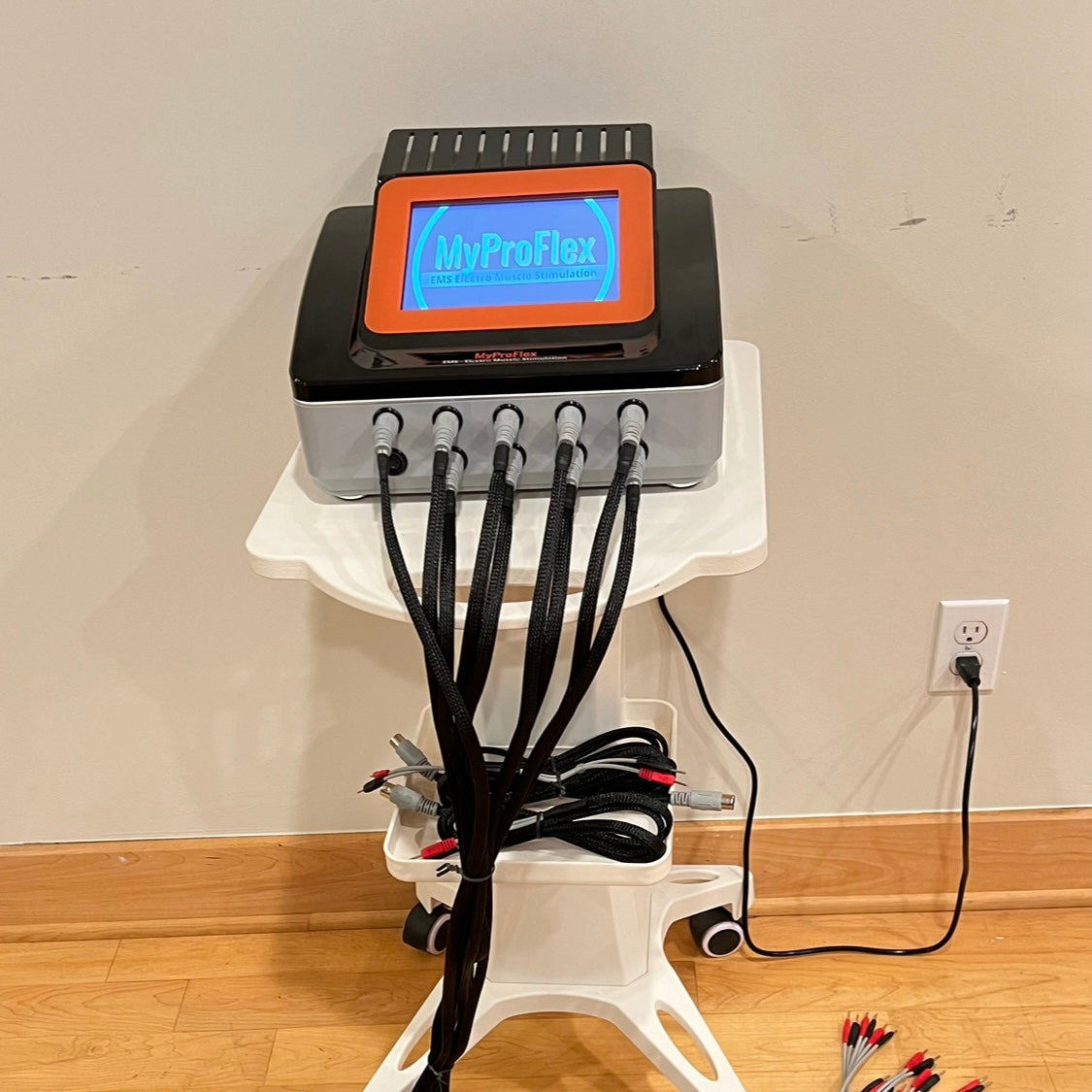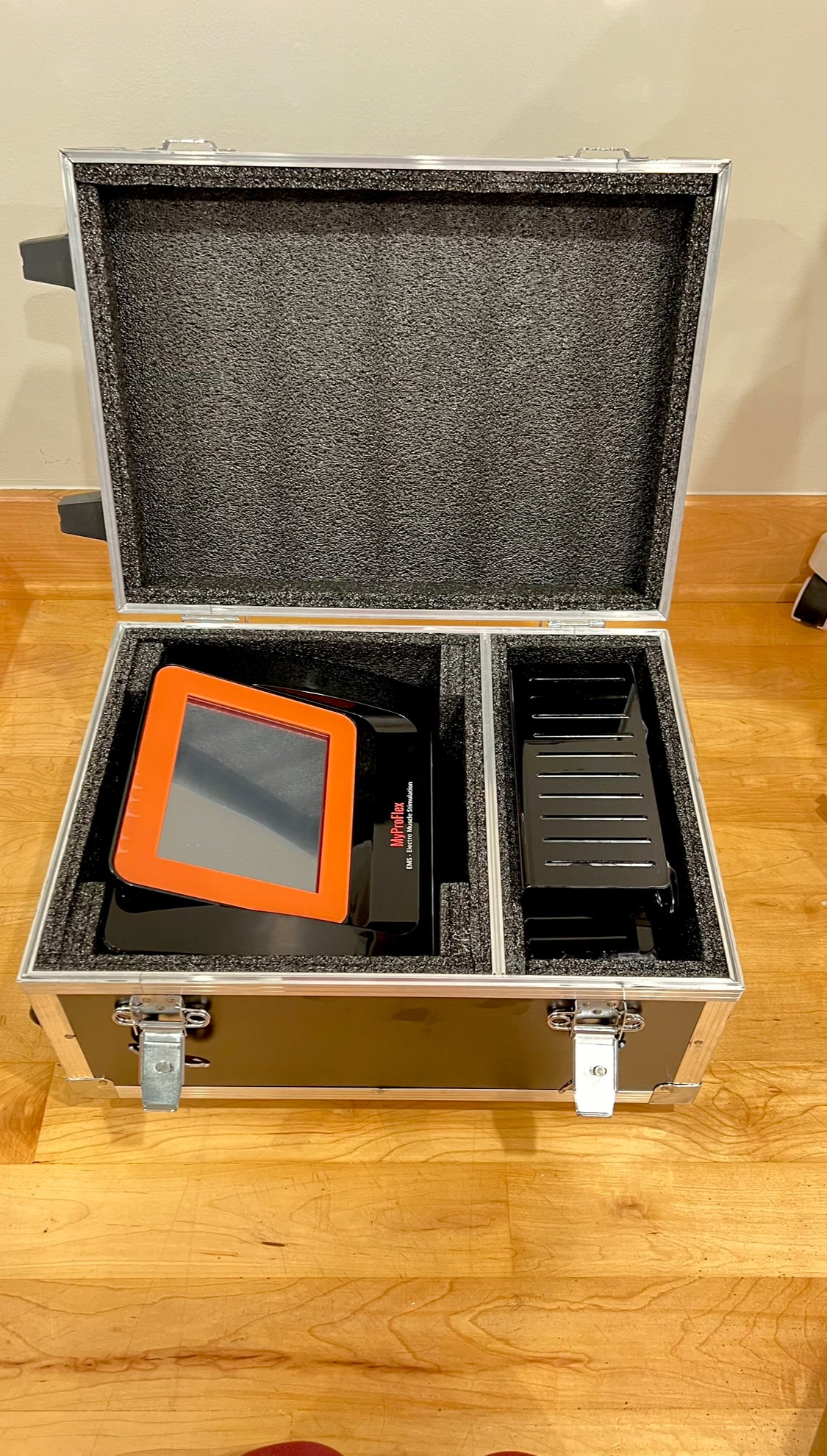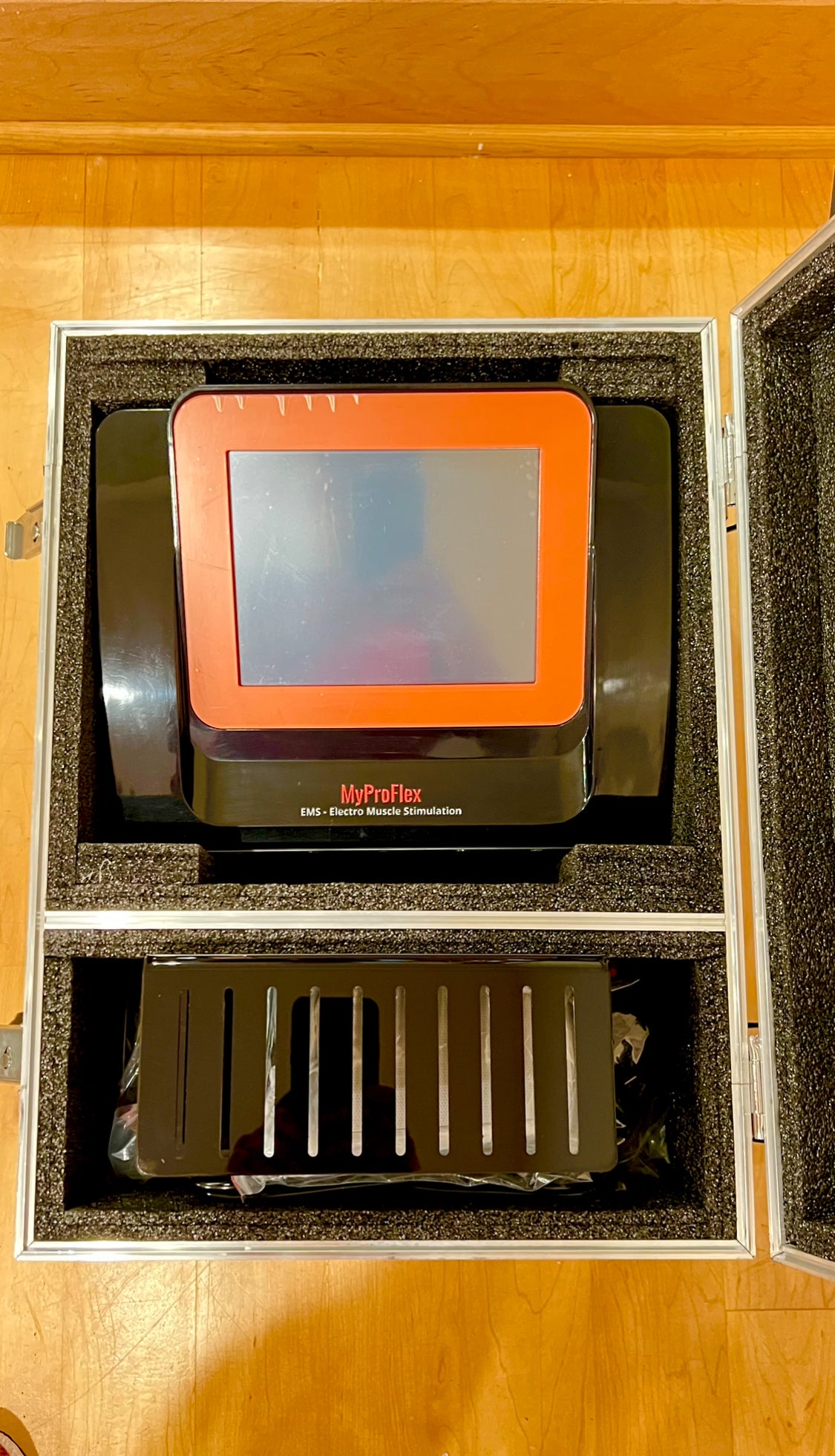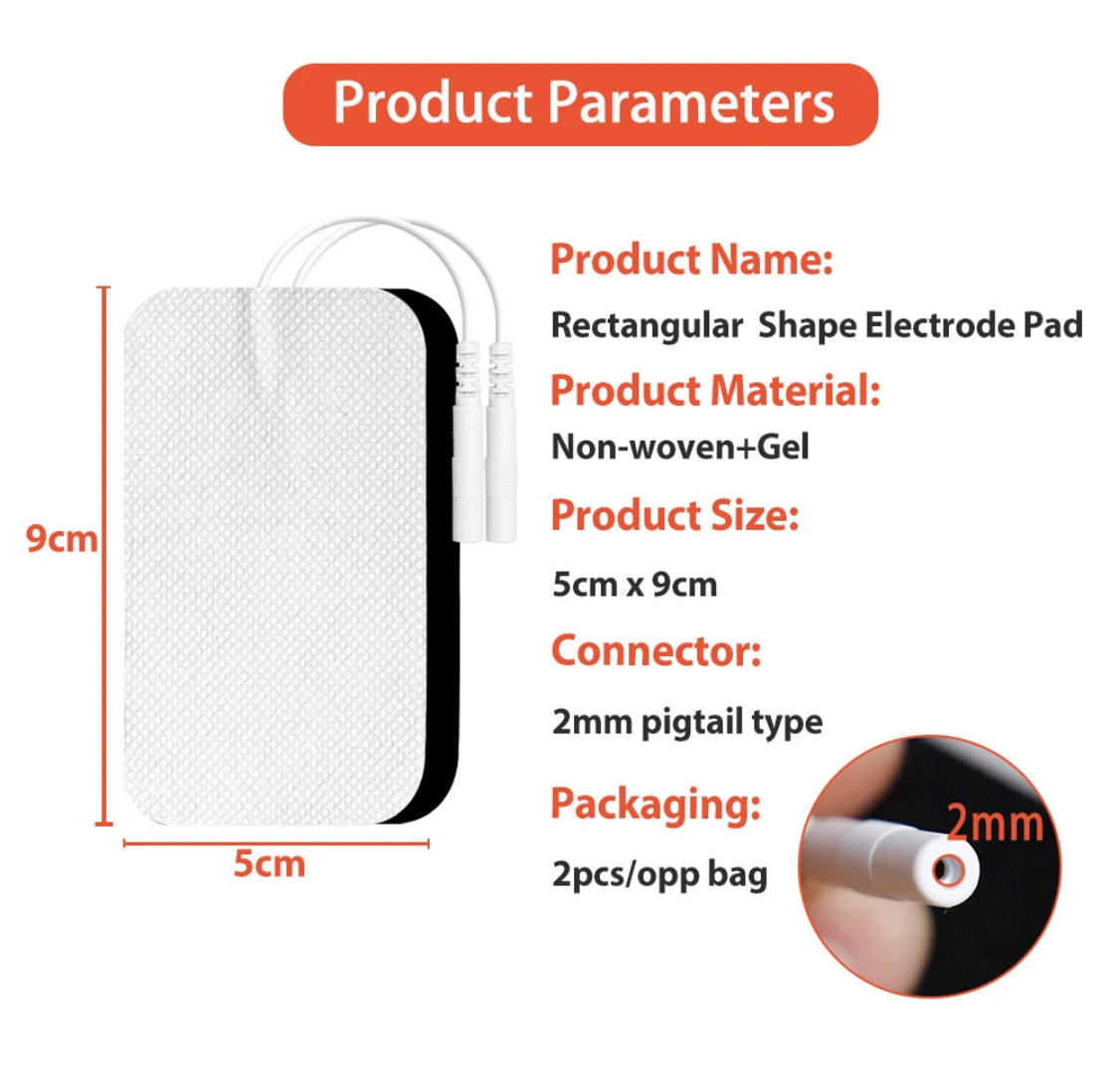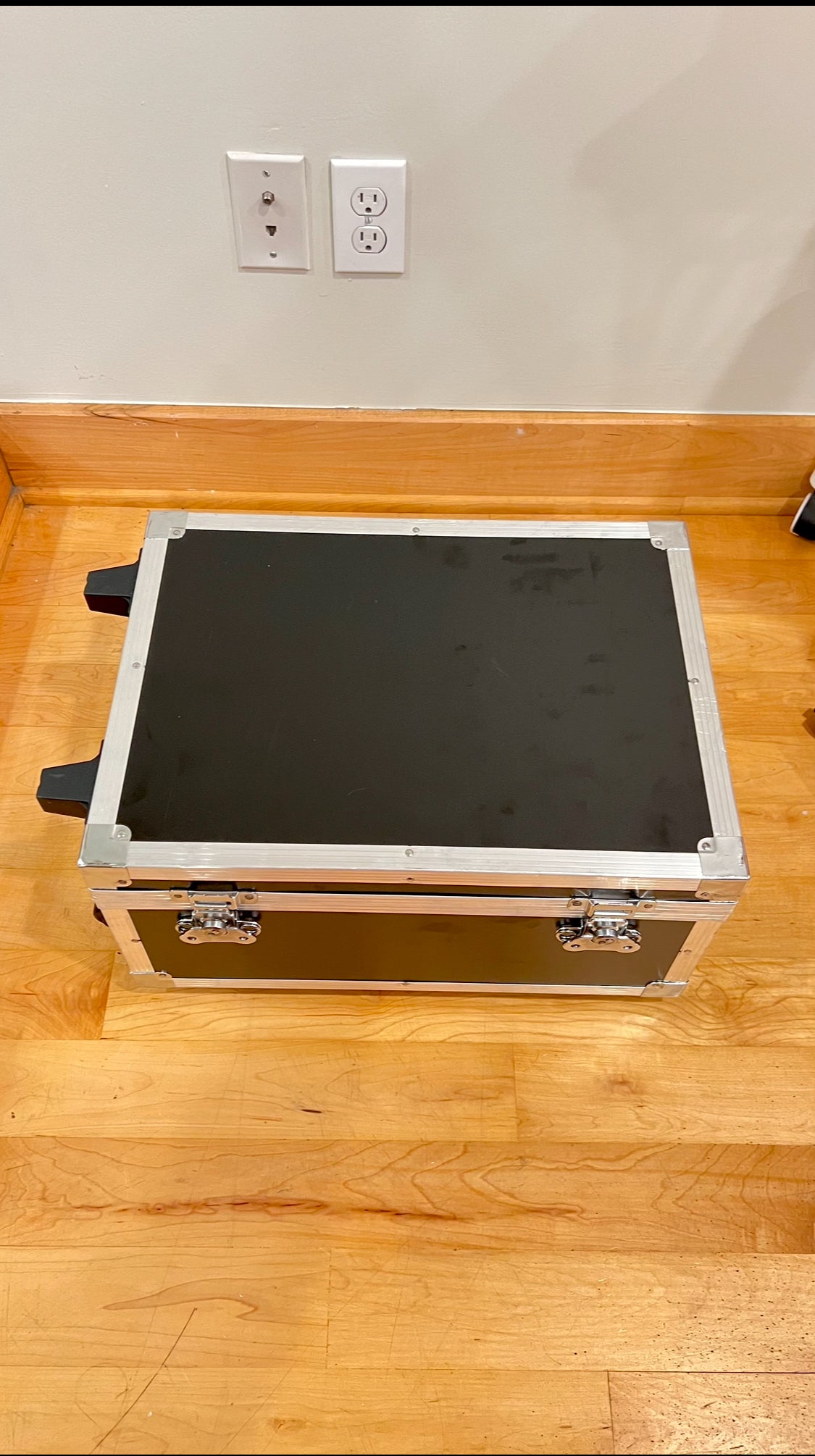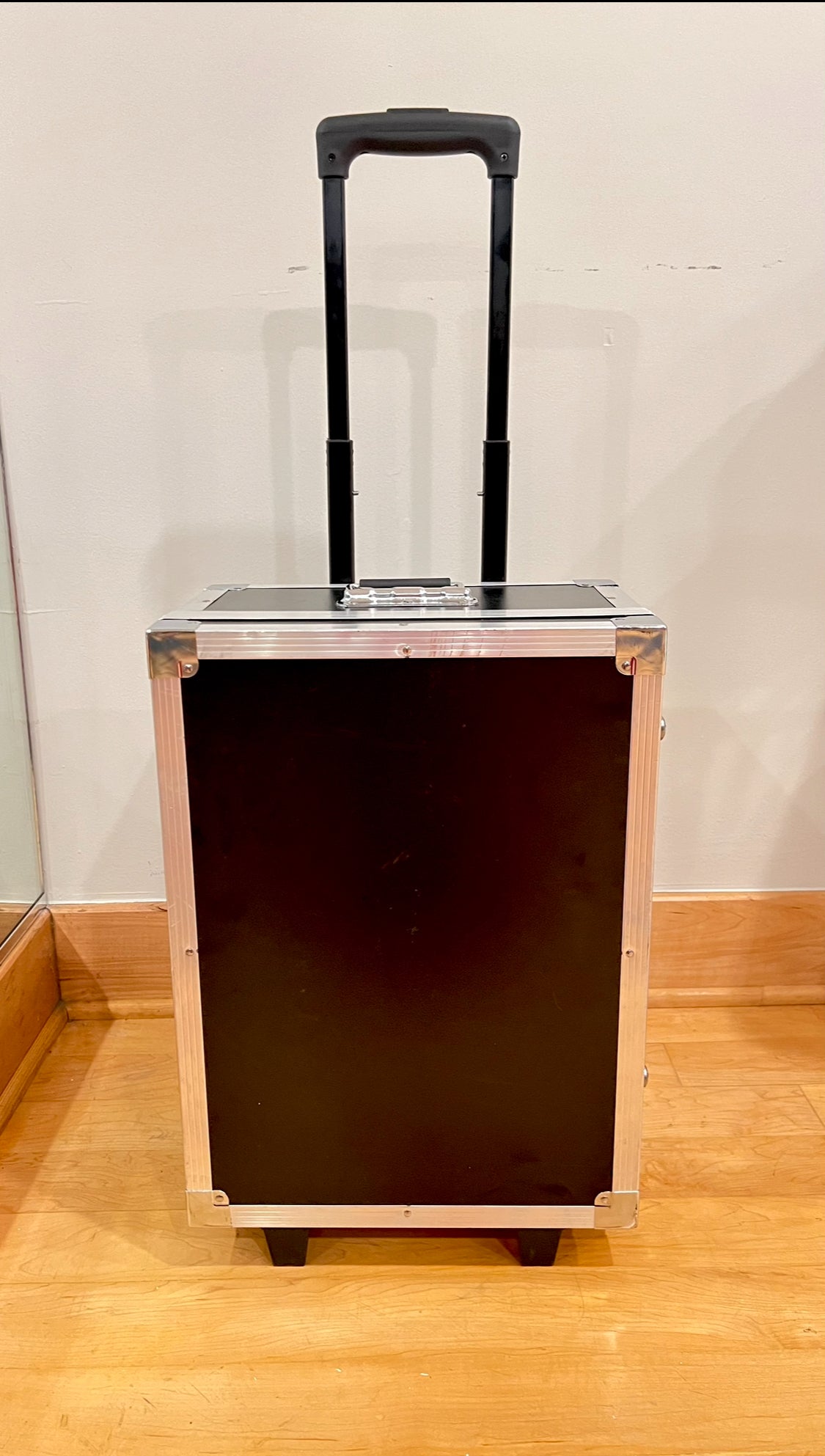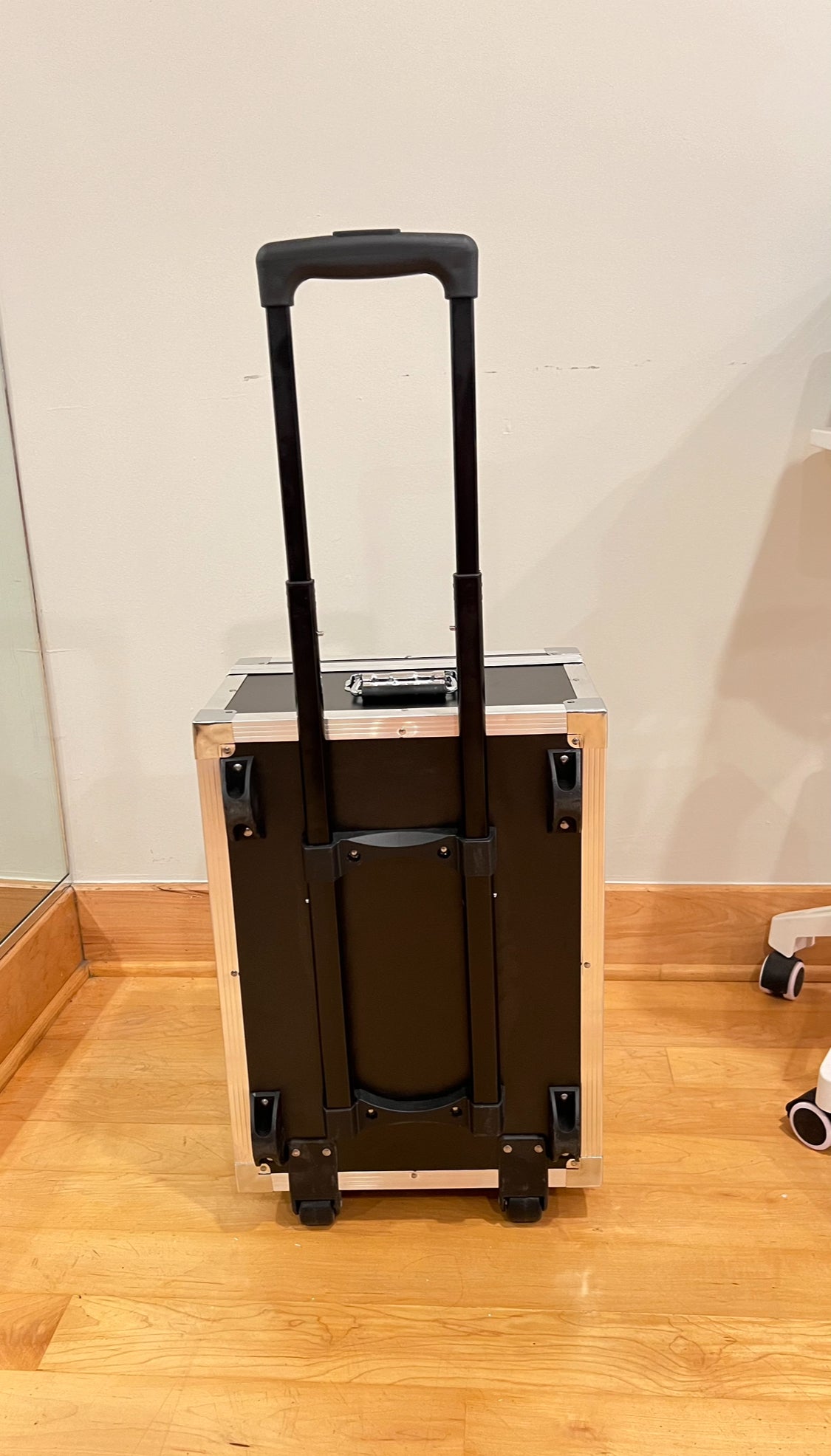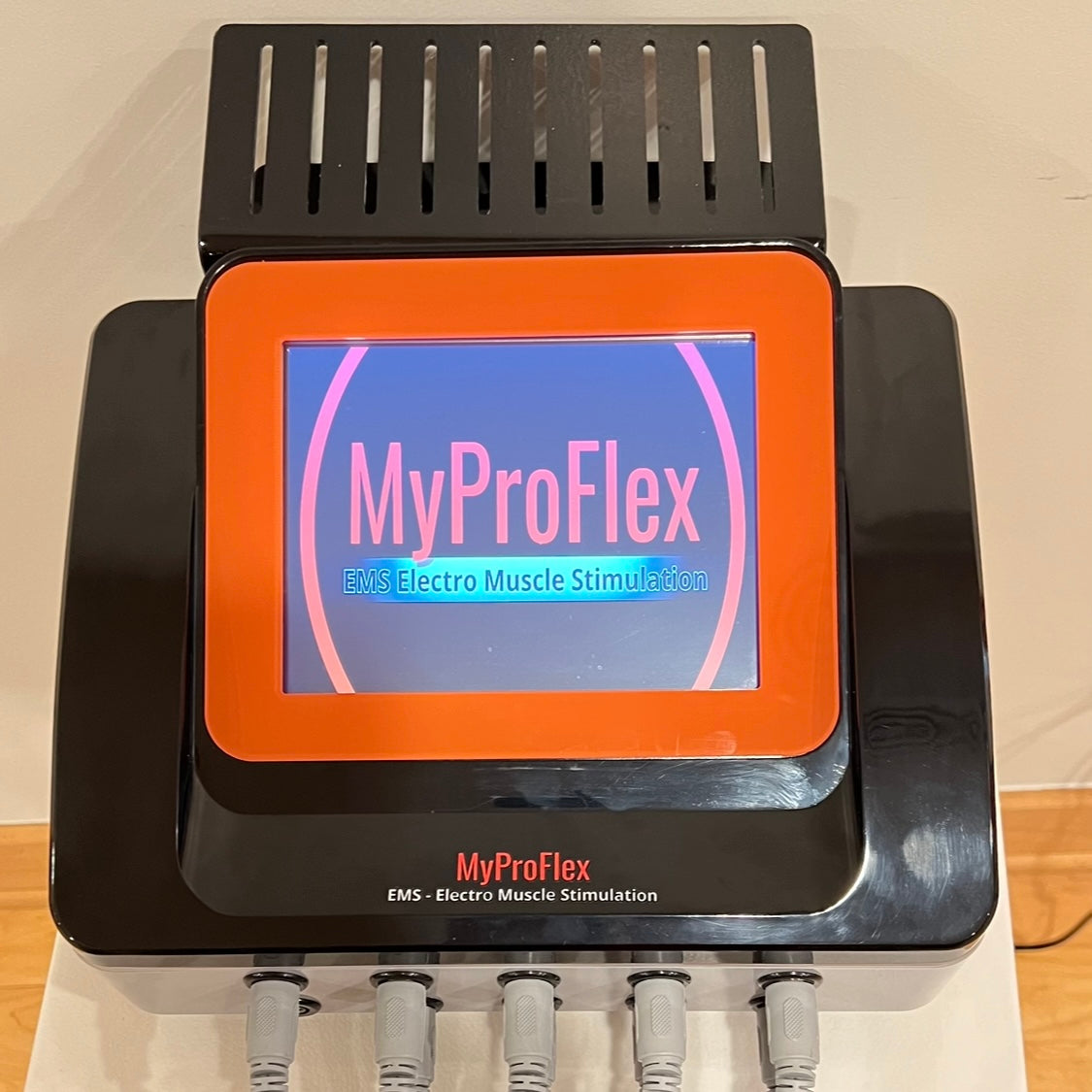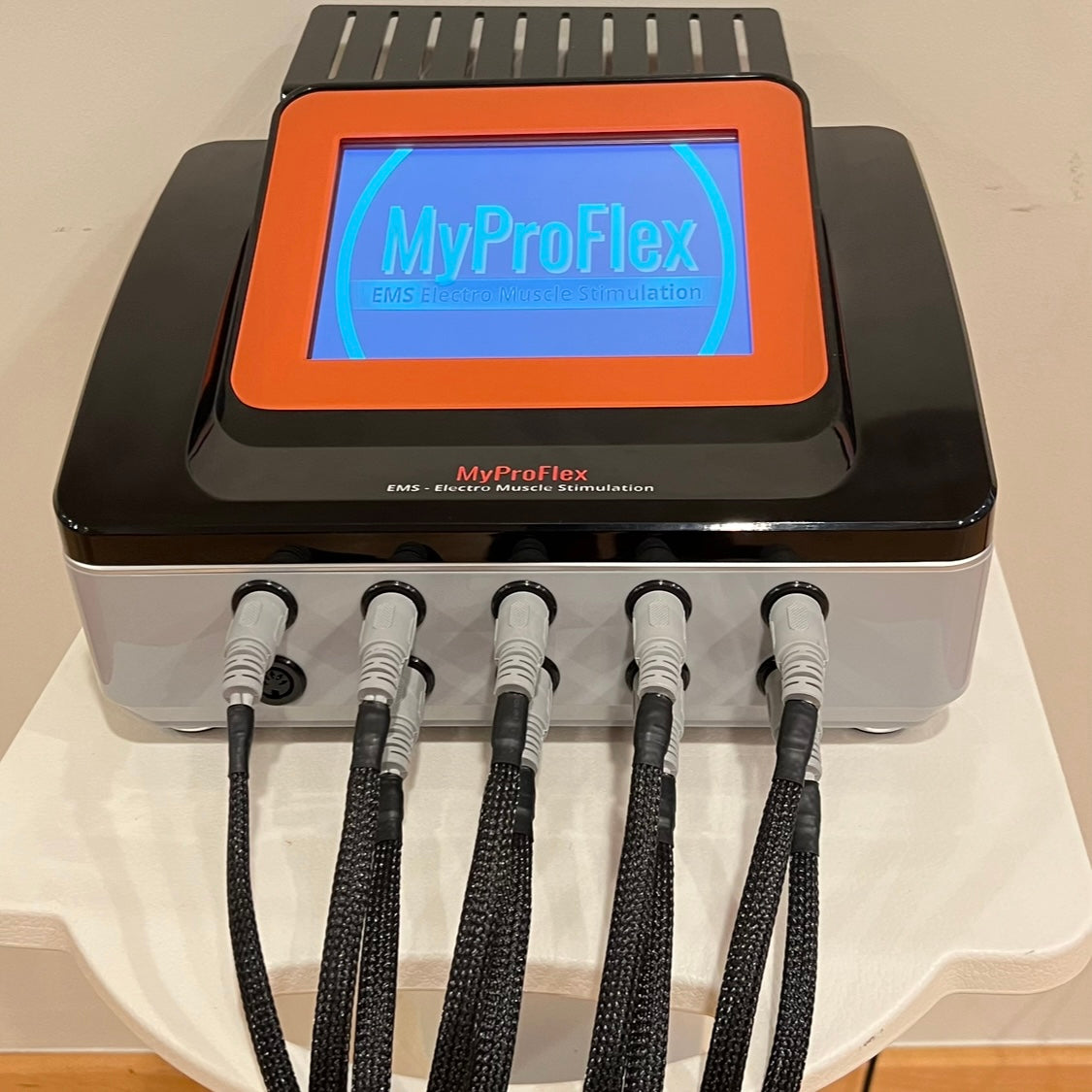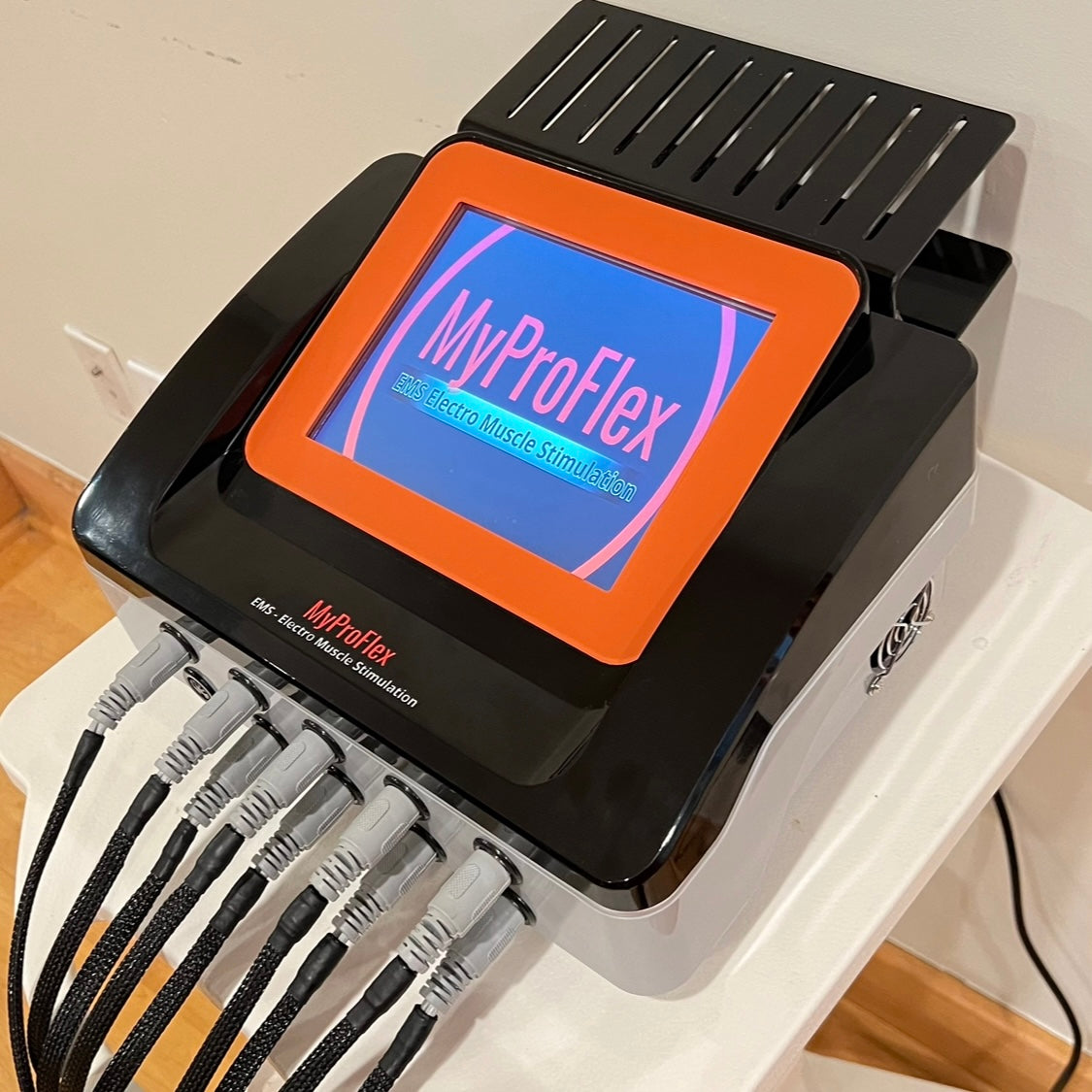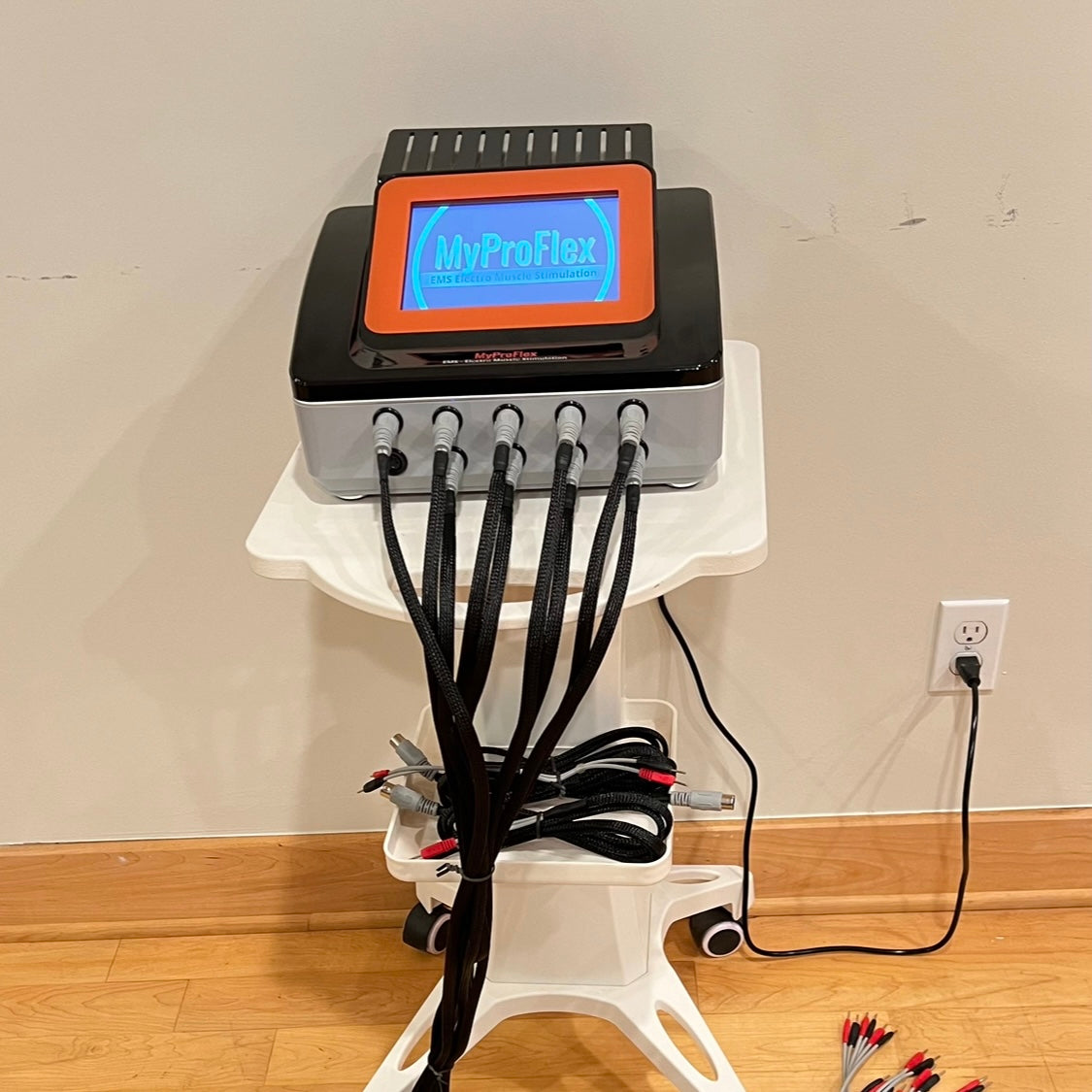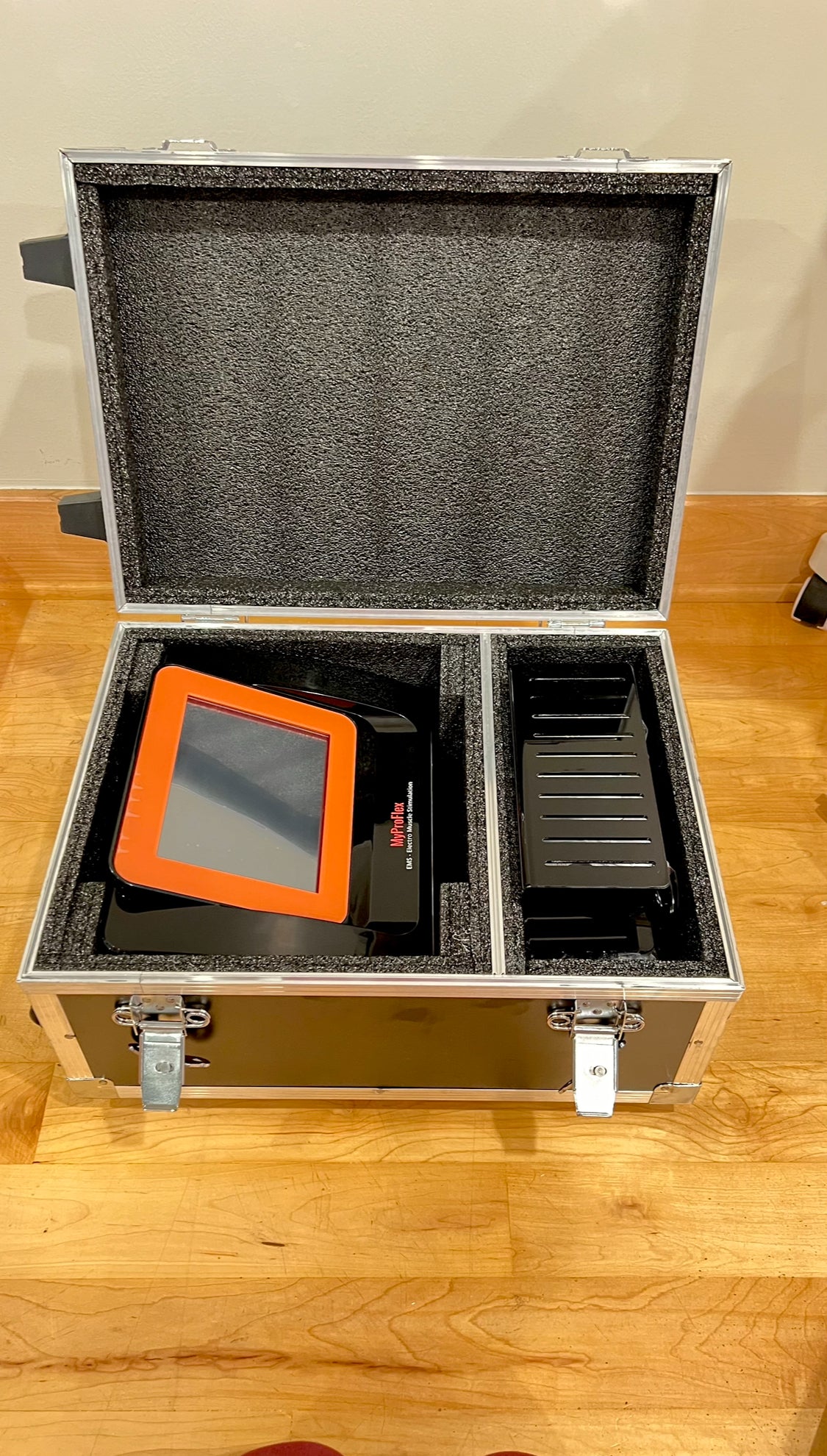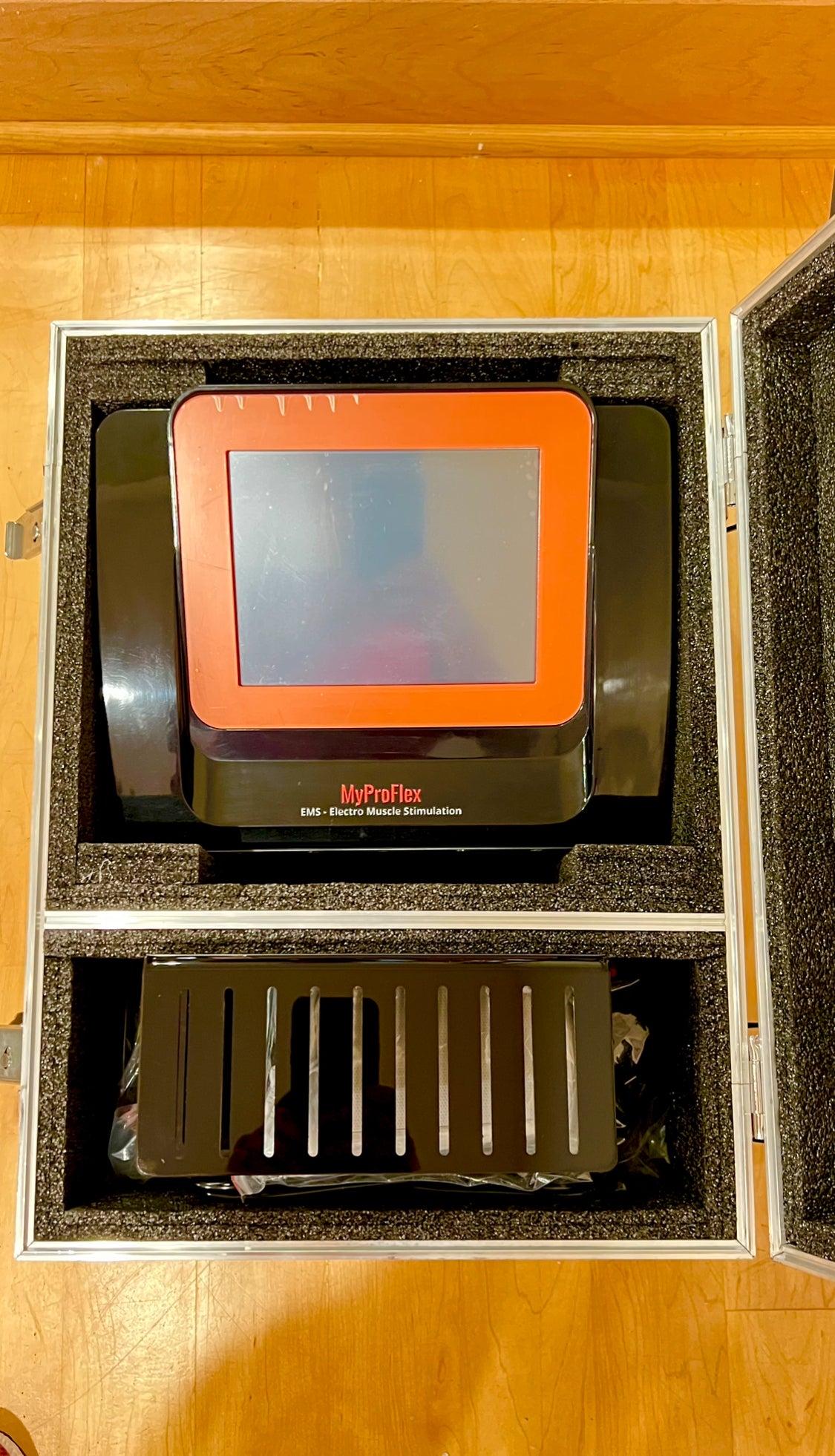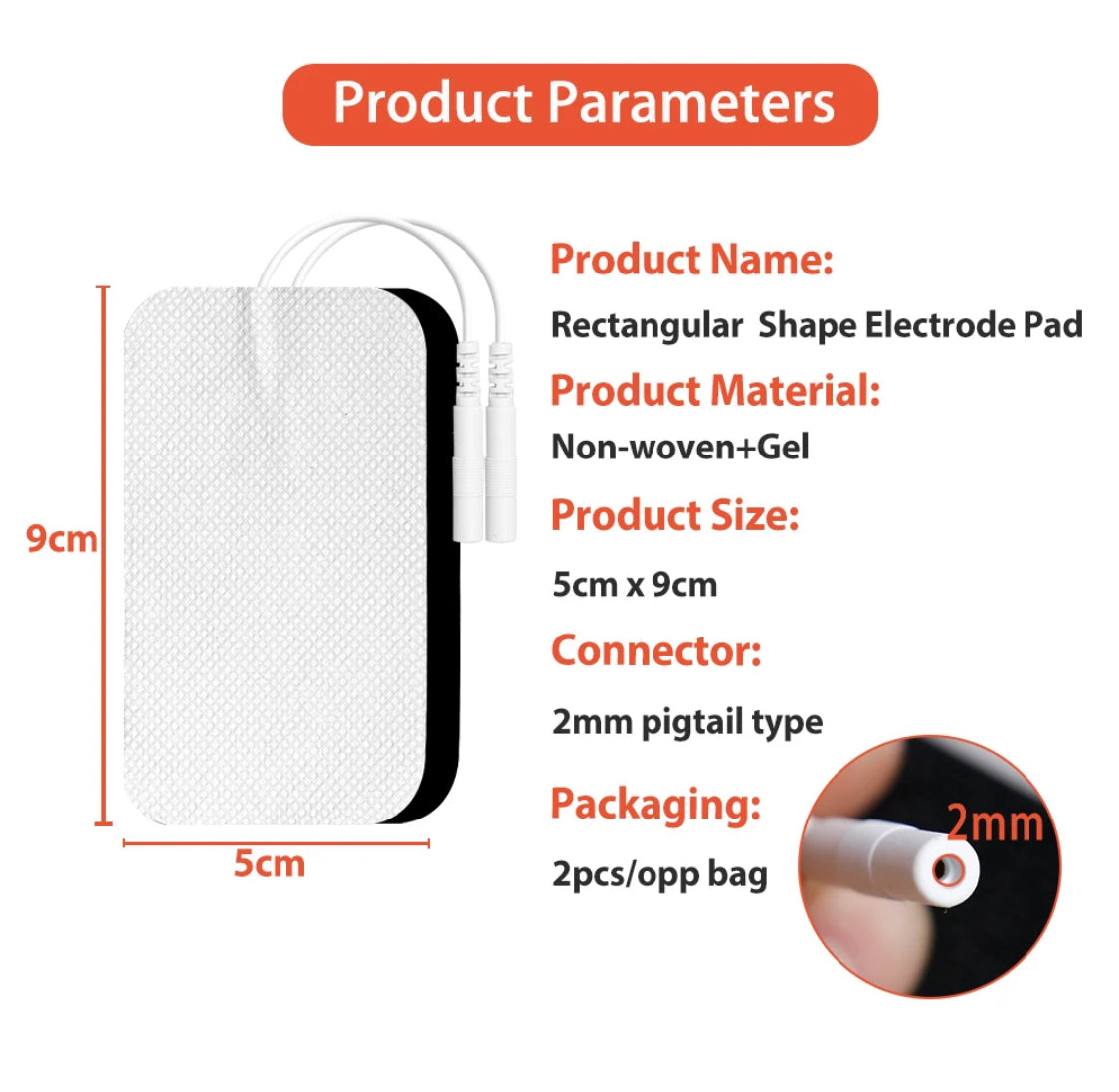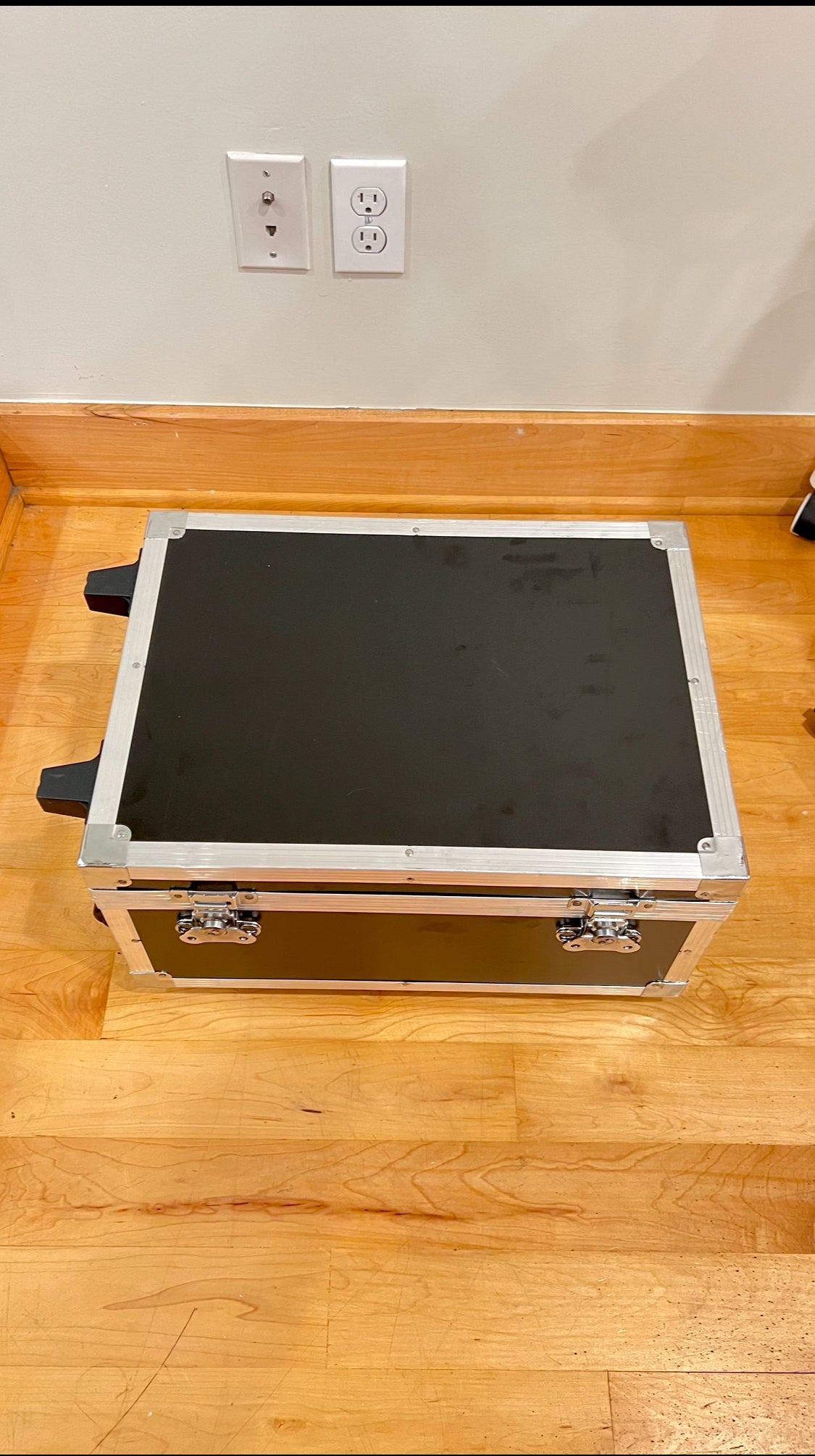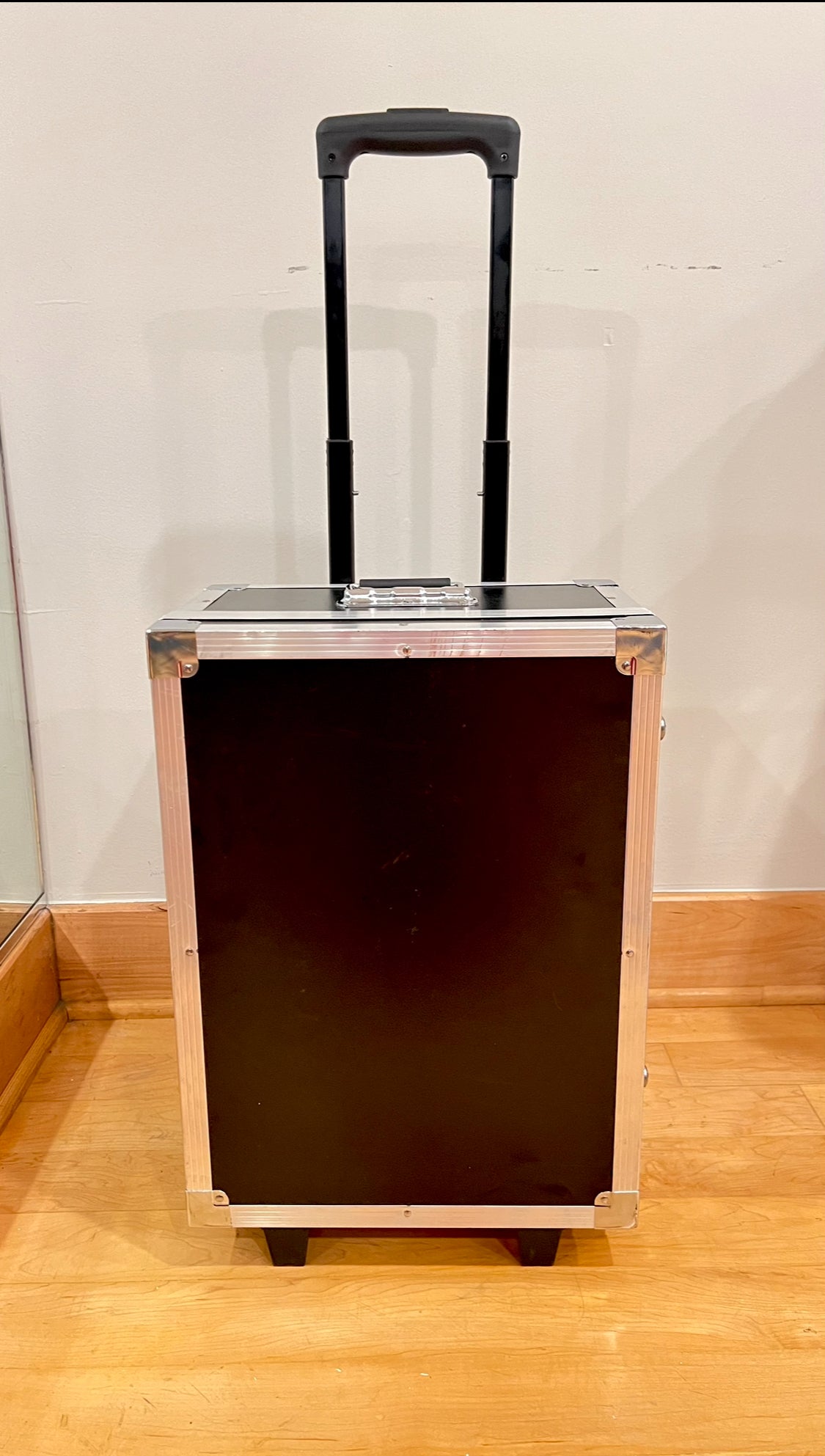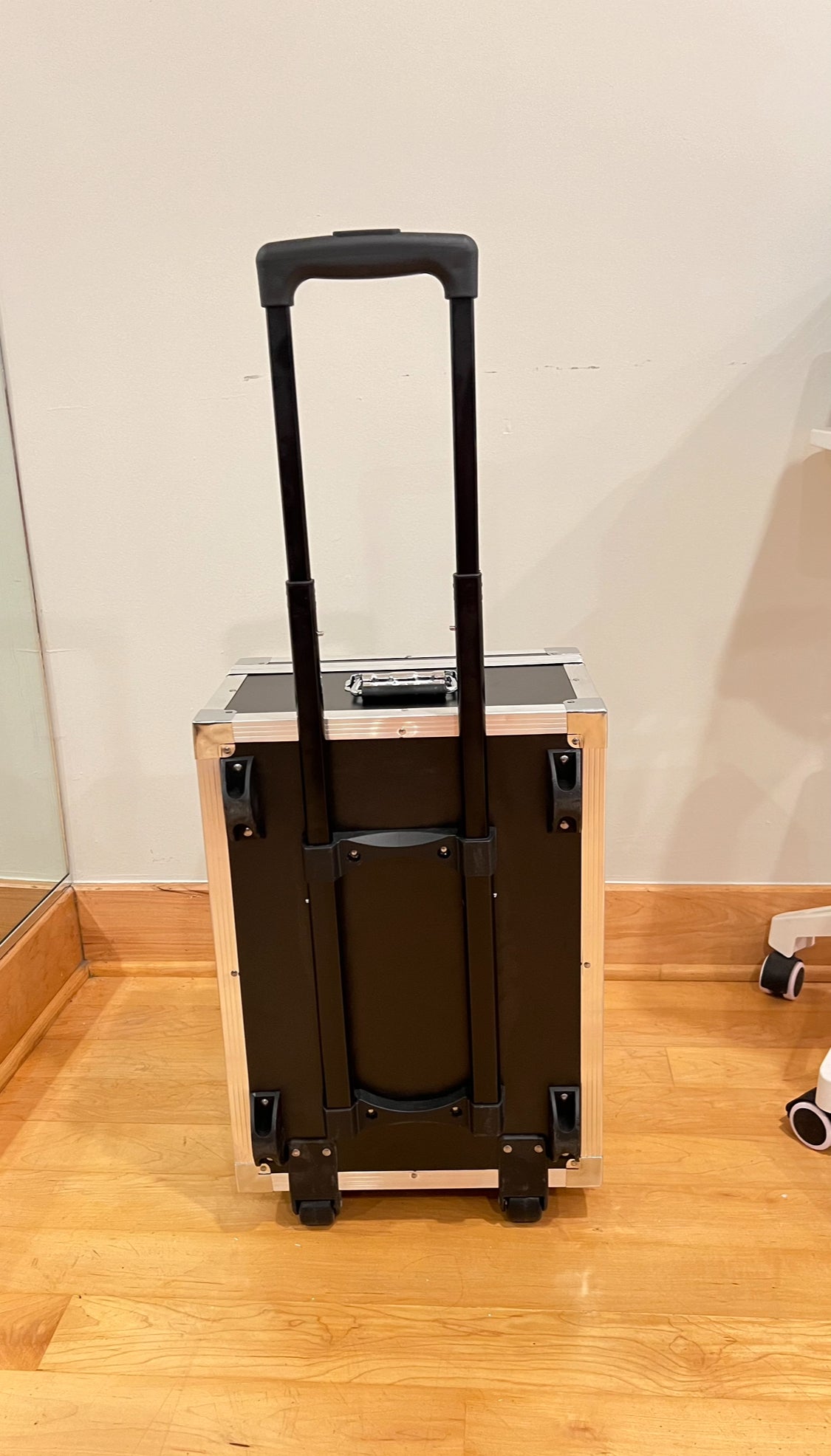MyProFlex
MyProFlex EMS
MyProFlex EMS
Couldn't load pickup availability
Introducing MyProFlex a revolutionary EMS Electro muscle stimulation machine. EMS also known as neuromuscular electrical stimulation (NMES), is a technique that uses electrical impulses to stimulate muscle contractions. It can be used as a complement to traditional exercise or as a standalone method for muscle stimulation.
EMS works by delivering low-level electrical currents to the muscles through electrodes placed on the skin. These electrical impulses mimic the signals sent by the central nervous system to activate muscle contractions. By artificially inducing muscle contractions, EMS can elicit a training effect similar to voluntary muscle contractions during exercise.
When the electrical impulses are applied to the muscles, they cause the muscle fibers to contract and relax. This contraction and relaxation cycle mimic the natural muscle activation that occurs during physical activity. Through repeated cycles of contraction and relaxation, EMS can stimulate muscle fibers and promote muscle growth and strength development.
Increased muscle fiber recruitment: EMS can activate a larger number of muscle fibers compared to voluntary contractions alone. It can recruit both slow-twitch (Type I) and fast-twitch (Type II) muscle fibers, which may lead to greater muscle activation and development. EMS can stimulate muscle contractions, mimicking the natural muscle activation that occurs during exercise. This can be particularly beneficial for individuals who have difficulty performing traditional resistance exercises due to injury, immobility, or other limitations.
Muscle hypertrophy: EMS can induce muscle hypertrophy, which refers to an increase in muscle size. The repeated muscle contractions caused by EMS can create mechanical stress on the muscle fibers, leading to adaptations and growth over time.
Strength and Endurance: EMS has been shown to enhance both strength and endurance. By recruiting a larger number of muscle fibers than traditional exercise alone, EMS can lead to improvements in muscle strength and endurance over time.
Time Efficiency: EMS sessions are typically shorter than traditional workouts while still providing comparable benefits. This can be advantageous for individuals with busy schedules or those looking to optimize their training time.
Recovery: EMS has been reported to expedite the recovery process by enhancing blood flow and reducing muscle soreness. This can be especially useful for athletes or individuals engaging in intense training regimens, allowing them to recover more quickly between sessions.
Injury Prevention: By targeting specific muscle groups and improving muscle balance, EMS may help reduce the risk of injuries during training. Strengthening weaker muscles and enhancing overall muscle coordination can contribute to better biomechanics and reduced injury susceptibility.
Rehabilitation: EMS is often used as a component of rehabilitation programs for individuals recovering from injuries or surgeries. It can help maintain muscle mass and function during periods of immobilization, facilitating a smoother transition back to regular physical activity.
Improved Circulation: EMS can promote increase blood circulation which is crucial for delivering oxygen and nutrients to the muscle tissues aiding in their growth and recovery contributing to overall muscle health.
Customization: MyProFlex allows for customization of intensity levels and targeting of specific muscle groups, making it adaptable to individual needs and goals. This versatility enables users to tailor their EMS sessions to address specific areas of concern or focus on particular muscle groups.
Enhanced Performance: When used in conjunction with traditional training methods, EMS has the potential to enhance overall athletic performance. By targeting muscles in a more focused and intensive manner, athletes may experience improvements in strength, speed, and power output.
While EMS can be beneficial as an adjunct to traditional exercise programs, it's important to note that it should not be considered a substitute for regular physical activity. It's best used in combination with a well-rounded fitness regimen that includes resistance training, cardiovascular exercise, and proper nutrition. Additionally, it's important to follow guidelines and recommendations provided by professionals when using EMS devices to ensure safety and effectiveness.
Share
